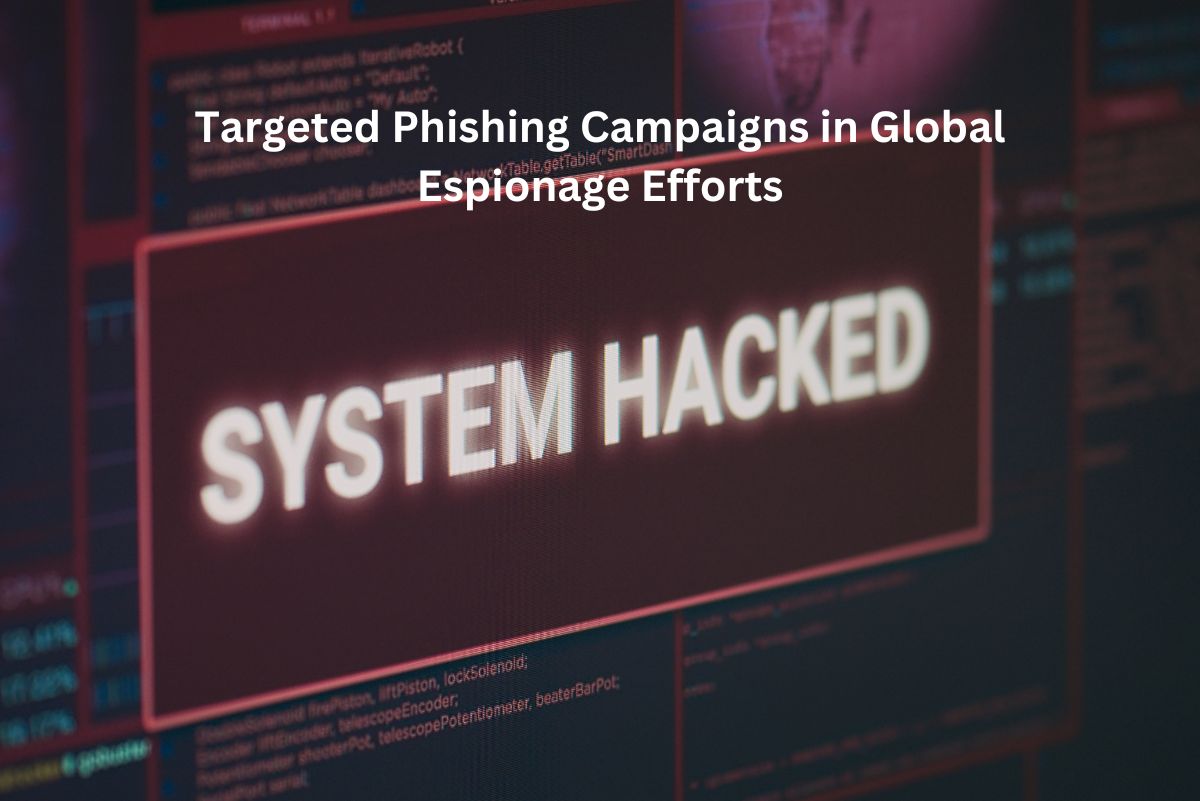
Russian state hackers have been identified in a series of targeted phishing campaigns spanning at least nine countries across four continents. These cyberattacks involve sophisticated impersonation tactics, with the attackers posing as government entities to lure victims into divulging sensitive information. The orchestrators of these campaigns, widely recognized as Fancy Bear (also known as APT28, Forest Blizzard, Frozenlake, Sofacy Group, Strontium, UAC-028, among other aliases), have displayed an adeptness at leveraging various tactics to achieve their objectives.
IBM X-Force, in a comprehensive report, has identified Fancy Bear's modus operandi under the designation ITG05. The group has deployed at least 11 unique lures to target organizations in countries such as Argentina, Ukraine, Georgia, Belarus, Kazakhstan, Poland, Armenia, Azerbaijan, and the United States. These phishing emails, masquerading as official government documents, cover a wide range of themes including finance, critical infrastructure, executive engagements, cybersecurity, maritime security, healthcare, and defense industrial production. Some of these documents appear to be authentic and publicly accessible, while others exhibit discrepancies that suggest they may be fabricated or obtained through unauthorized access.
The specificity of these lures is striking, indicating a deliberate effort to target highly specific information relevant to the Russian government's interests. For example, English-language documents include a cybersecurity policy paper from a Georgian NGO and a detailed itinerary for the 2024 Meeting and Exercise Bell Buoy (XBB24) for participants of the US Navy's Pacific Indian Ocean Shipping Working Group (PACIOSWG). Additionally, finance-themed lures, such as a Belarussian document outlining recommendations for interstate enterprise facilitation by 2025, highlight the group's interest in gathering sensitive financial and geopolitical intelligence.
Upon clicking on the lure documents, victims are directed to attacker-controlled sites where they unknowingly download malware payloads. One such payload is "Masepie," a Python backdoor capable of establishing persistence in Windows machines and facilitating file transfers and arbitrary command execution. Another payload, "Steelhook," is a PowerShell script designed to exfiltrate data from Google Chrome and Microsoft Edge browsers. Notably, Fancy Bear's rapid post-exploitation activity, as observed by Ukraine's Computer Emergency Response Team (CERT-UA), underscores the urgency for potential victims to respond swiftly to mitigate the impact of these attacks.
To defend against such threats, organizations are advised to remain vigilant for suspicious emails and URLs associated with Fancy Bear's infrastructure. Additionally, addressing known vulnerabilities and implementing robust security measures can help mitigate the risk of infiltration. However, given Fancy Bear's persistence and adaptability, continued vigilance and proactive defence strategies are paramount in safeguarding against future cyberattacks orchestrated by state-sponsored threat actors.